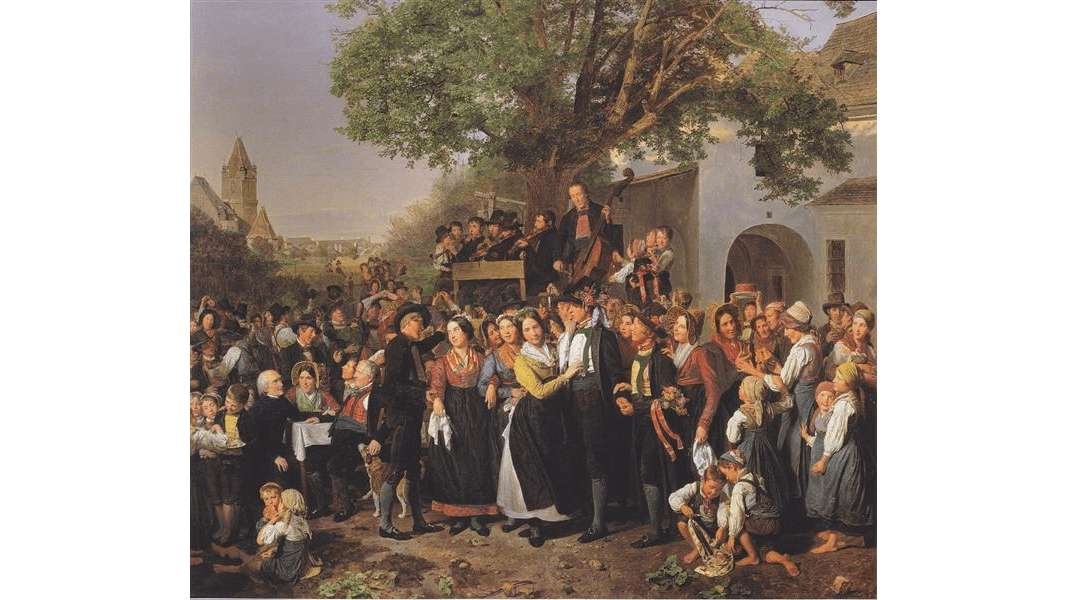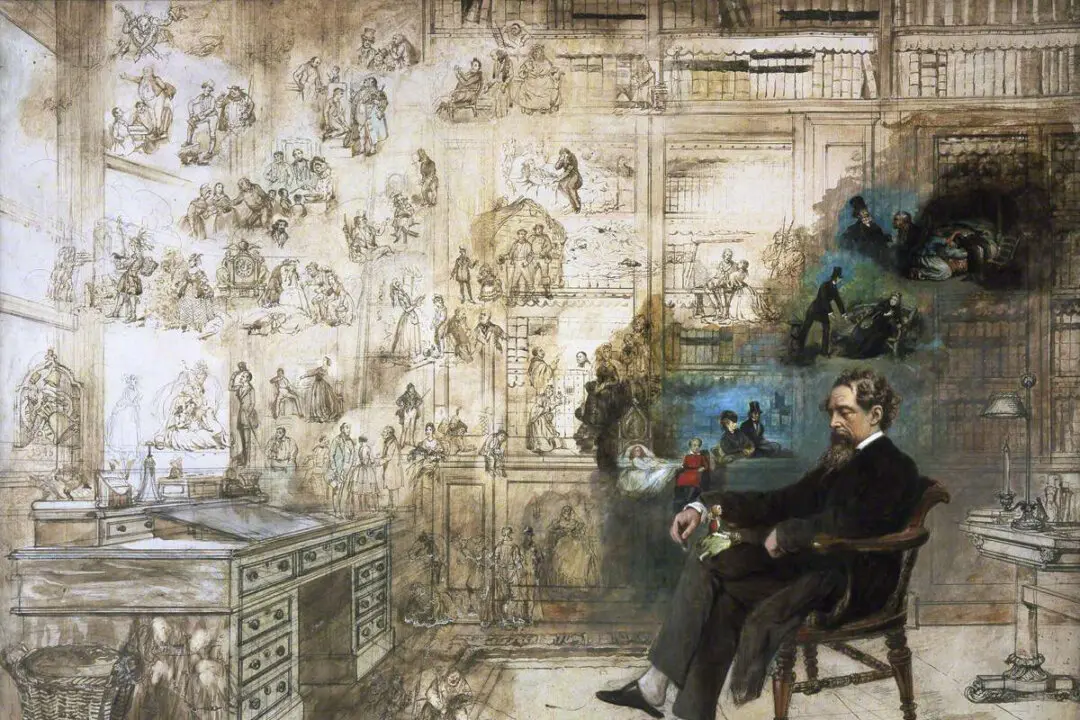In his short story “Coffee vs. Brandy,” T.S. Arthur highlights coffee’s ability to create community and fellowship. In cultivating community, he also contemplates the importance of upholding morality, rather than seeking the public’s compliments and good opinion.
Mr. and Mrs. Eldridge’s niece and her husband have just returned from their honeymoon. The Eldridges know that they should throw the newlyweds a party. After all, it’s expected of them to do so.






